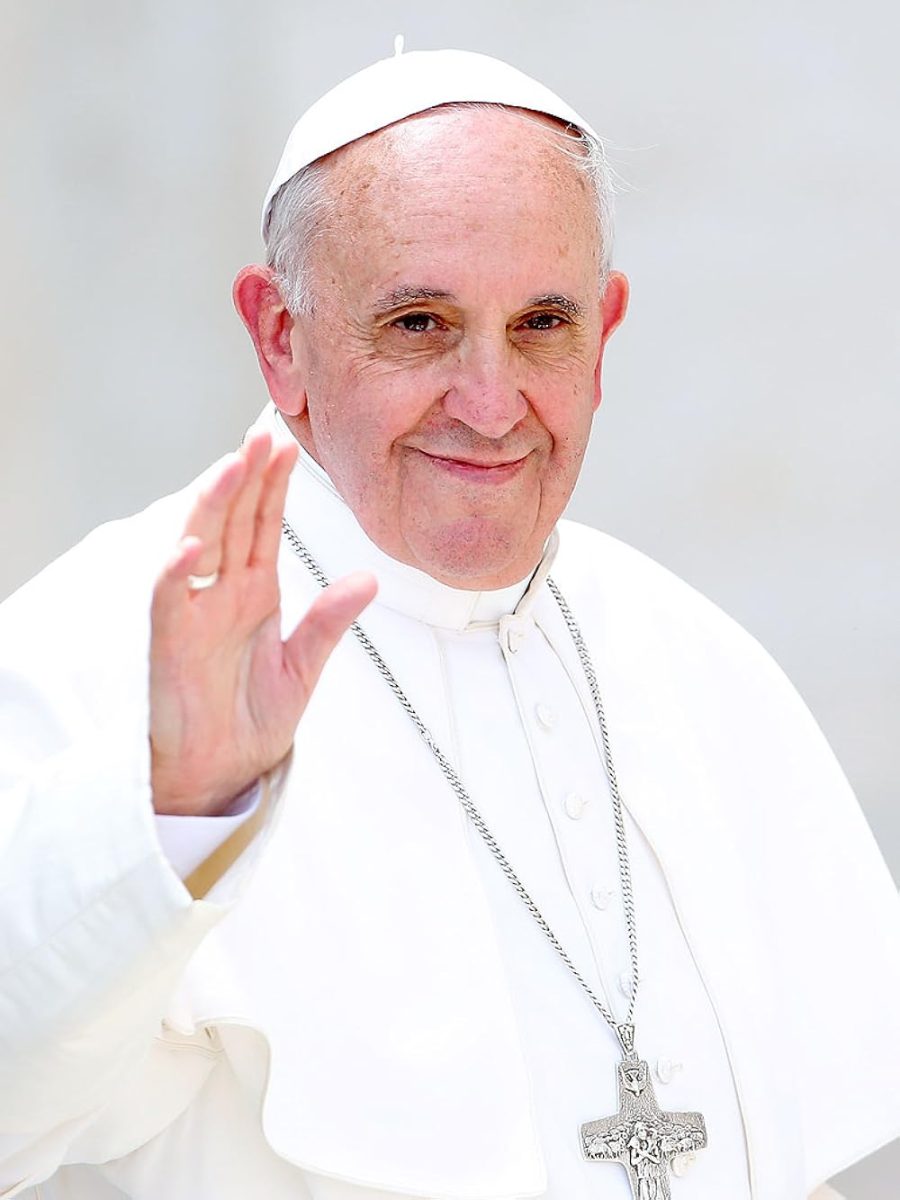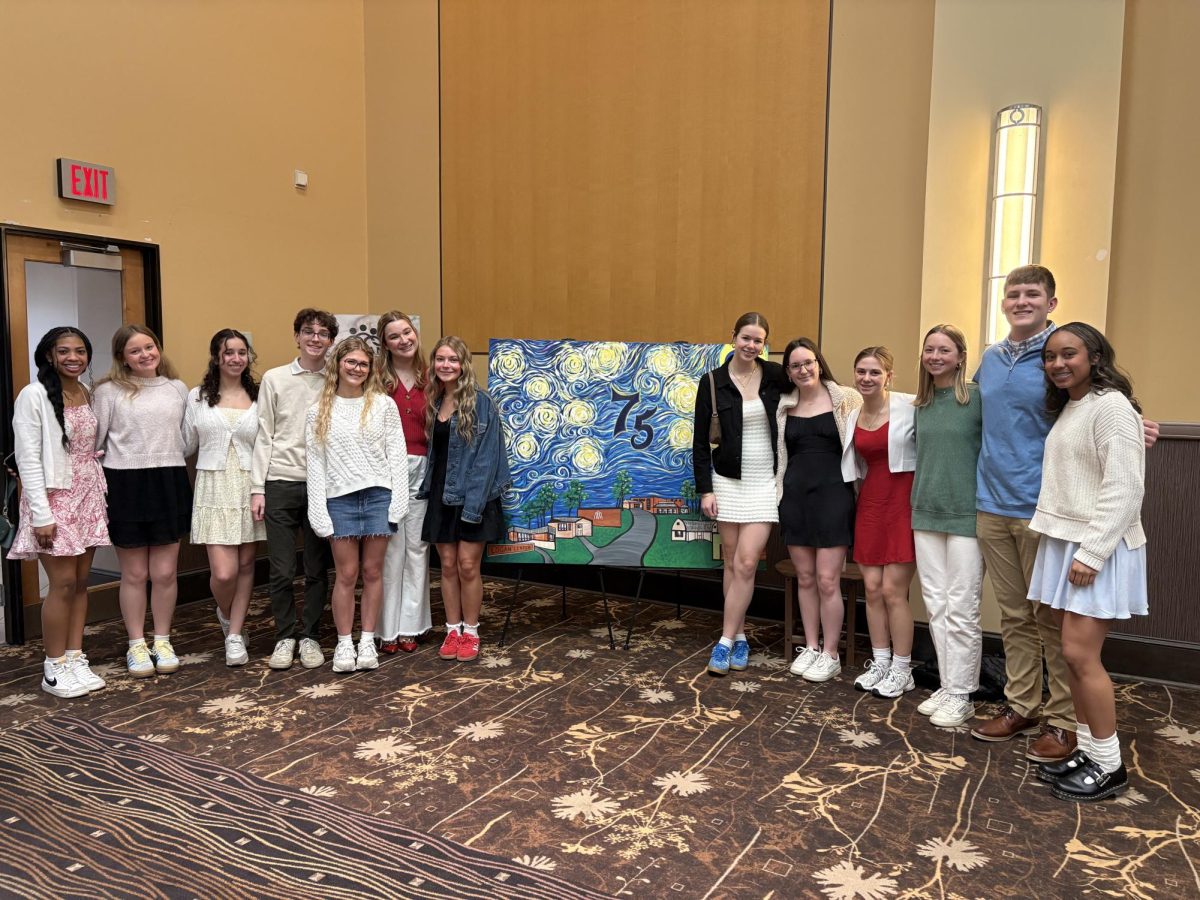The history of Thanksgiving in the United States is a blend of cultural traditions, historical events, and evolving practices. The most famous early American “Thanksgiving” is the 1621 feast at Plymouth, where Pilgrims (English settlers) and Wampanoag Native Americans shared a harvest meal. Different colonies had their own days of thanksgiving, often after successful harvests or military victories. These celebrations were religious, with prayers and feasts.
George Washington declared the first national Thanksgiving in 1789, after the Constitution was ratified, encouraging Americans to give thanks for the new government. During the Civil War, Abraham Lincoln proclaimed Thanksgiving a national holiday to be celebrated on the last Thursday of November. This marked the beginning of the Thanksgiving tradition. Congress passed a law officially setting Thanksgiving as the fourth Thursday in November, where it remains today.
Turkey has become the traditional dish due to its prominence in the early feast and because it is large enough to feed a family. Thanksgiving has become an occasion for reflection on its historical implications.Thanksgiving has evolved from a regional harvest celebration to a nationwide holiday that reflects both historical events and contemporary values of family, gratitude, and togetherness. Thanksgiving is a time to reflect and be grateful for everything you have by celebrating with your family. On Thanksgiving reflect about what you are grateful for, eat food together, and spend time with your family.








